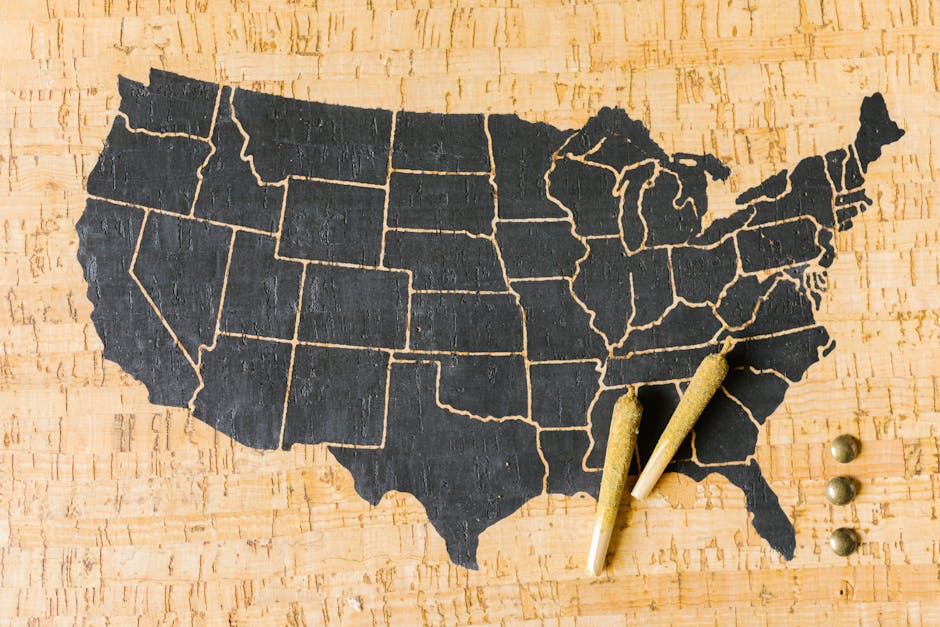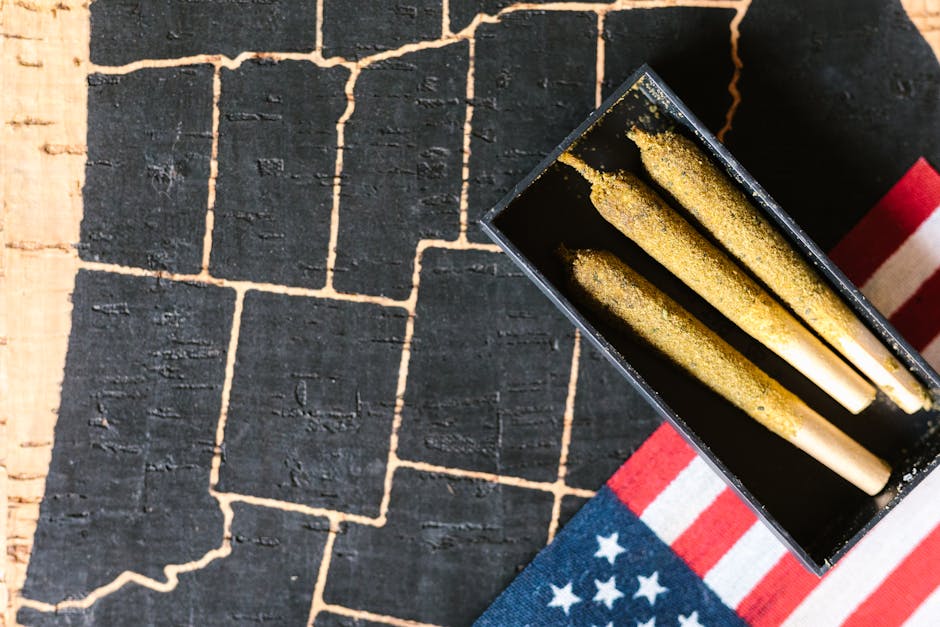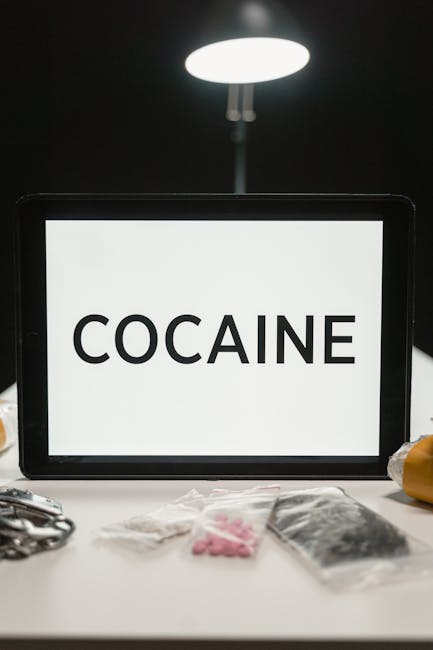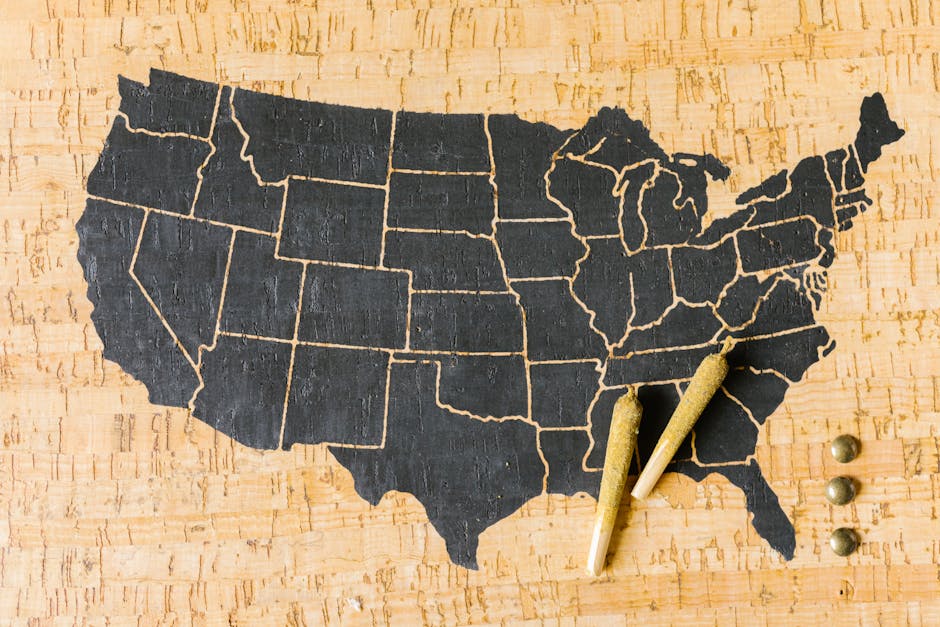Navigating Indonesia’s Complex Drug Laws: A Comprehensive Guide for Travelers and Residents
Indonesia has a strict zero-tolerance policy towards drug-related offenses, making it crucial for both travelers and residents to understand the country’s complex drug laws. Penalties are severe, and even unintentional violations can lead to lengthy prison sentences or even the death penalty. This comprehensive guide aims to clarify the legal landscape surrounding drugs in Indonesia, providing essential information for anyone planning to visit or live in the country.
What Constitutes a Drug Offense in Indonesia?
Indonesia’s narcotics laws are broad and encompass a wide range of substances. The most significant legislation is Law No. 35 of 2009 concerning Narcotics. This law prohibits the production, possession, distribution, and use of various narcotics, including but not limited to:

- Cocaine
- Heroin
- Methamphetamine (including crystal meth)
- Cannabis (marijuana)
- Opium
- Synthetic drugs
The definition of “narcotics” under Indonesian law is extensive and covers both illicit drugs and certain prescription medications without proper authorization. Even small amounts of drugs can result in severe penalties, and there is no differentiation between recreational use and trafficking in many cases.

Penalties for Drug Offenses in Indonesia
The penalties for drug-related offenses in Indonesia are incredibly harsh and vary depending on the type and quantity of drug, the offender’s role in the offense (e.g., user, distributor, trafficker), and other mitigating or aggravating factors. Possible penalties include:
- Imprisonment: Sentences can range from several years to life imprisonment, depending on the severity of the crime.
- The Death Penalty: Indonesia retains the death penalty for serious drug offenses, particularly those involving large quantities of drugs or a leadership role in a drug trafficking operation. This penalty is applied inconsistently, depending on the specific circumstances of the case.
- Fines: Significant financial penalties can be imposed in addition to imprisonment.
It’s crucial to understand that the legal process in Indonesia can be lengthy and challenging, with limited access to legal aid for foreigners. Even if charges are ultimately dropped, the lengthy detention period can be extremely difficult.
Medicinal Cannabis and Other Exceptions
While Indonesia’s drug laws are generally strict, there have been ongoing discussions and limited developments regarding the use of cannabis for medicinal purposes. However, accessing medicinal cannabis legally in Indonesia remains extremely difficult and currently isn’t a practical option for most people. The use of any medication, even prescription drugs, requires appropriate documentation and permits.
What to Do If You’re Arrested for a Drug Offense in Indonesia
If you are arrested or detained in Indonesia on drug-related charges, it’s vital to remain calm and cooperate with the authorities. However, remember:
- Request consular assistance immediately: Contact your embassy or consulate as soon as possible. They can provide legal advice and support.
- Do not sign any documents without legal representation: You have the right to legal counsel. Seek an Indonesian lawyer specializing in narcotics law.
- Remain silent: Avoid making any statements to the police or other authorities without consulting with your lawyer.
Prevention is Key: Tips for Travelers and Residents
The best approach to navigating Indonesia’s drug laws is prevention. Here are some essential tips:
- Be aware of what you pack: Thoroughly check all your luggage before traveling to ensure no prohibited substances are present, even unintentionally.
- Don’t accept packages or favors from strangers: Be wary of anyone who asks you to transport items for them.
- Understand local customs and regulations: Research the legal implications of drug use and possession before you travel or move to Indonesia.
- Avoid situations that could put you at risk: Stay away from places known for drug activity.
- Keep copies of important documents: Having copies of your passport, visa, and other relevant documents can be helpful in case of an emergency.
Conclusion
Indonesia’s drug laws are notoriously stringent. Understanding these laws and taking preventative measures is crucial to avoiding severe legal consequences. This guide offers a general overview, but it’s essential to seek professional legal advice for specific circumstances. The potential penalties for even minor infractions are significant, making awareness and caution paramount for anyone in Indonesia.

Disclaimer:
This information is for general guidance only and does not constitute legal advice. For legal advice specific to your situation, consult with a qualified legal professional in Indonesia.

